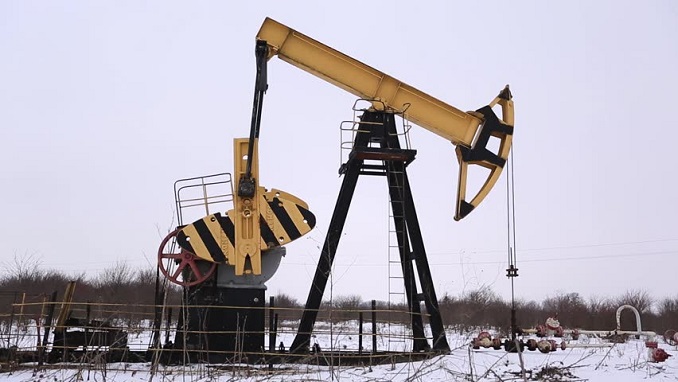Russia and Belarus have negotiated a 3.7% increase in the tariff on oil transit via the territory of Belarus from September 1, BelTA news agency reports citing state oil company Belneftekhim.
The move is seen as compensation for Belarus following an oil contamination scandal in Russia earlier this year which has caused depleted flows and caused the neighboring country to lose transit revenue.
After the contamination became known, Poland, Germany, and the Czech Republic temporarily halted imports of Russian crude oil over quality concerns.
“Neither the Russian nor the Belarusian side is able to unambiguously determine volumes of oil transportation in the fourth quarter of 2019. We therefore agreed at the first stage to increase tariffs by 3.7% and return to this issue according to results of operations over the year. Hence, the situation with oil pumping over the Belarusian segment of the pipeline will be analyzed according to results of operations in 2019 and the amount of subsequent change in tariffs will be determined,” Belneftekhim said.
Russia is almost the sole supplier of oil and gas to Belarus and owns the Druzhba pipeline through which Moscow sends a quarter of its oil exports to Ukraine, Belarus and the European Union.
Two Belarusian refineries also generate much of the country’s income. Minsk currently transits 39 billion cubic meters (bcm) of Russian gas to Europe and buys around 20 bcm of Russian gas a year.
Russia and Belarus have argued over Russian oil and gas prices to Minsk and about transit supplies through Belarus for 15 years. Some squabbles have led to cutoff or constrained supplies.
However, once the Russian Nord Stream 2 pipeline project gets commissioned next year, Moscow will gain more leverage and be able to circumvent Belarus and Ukraine as transit countries given the two pipelines’ 55-bcm capacity.












